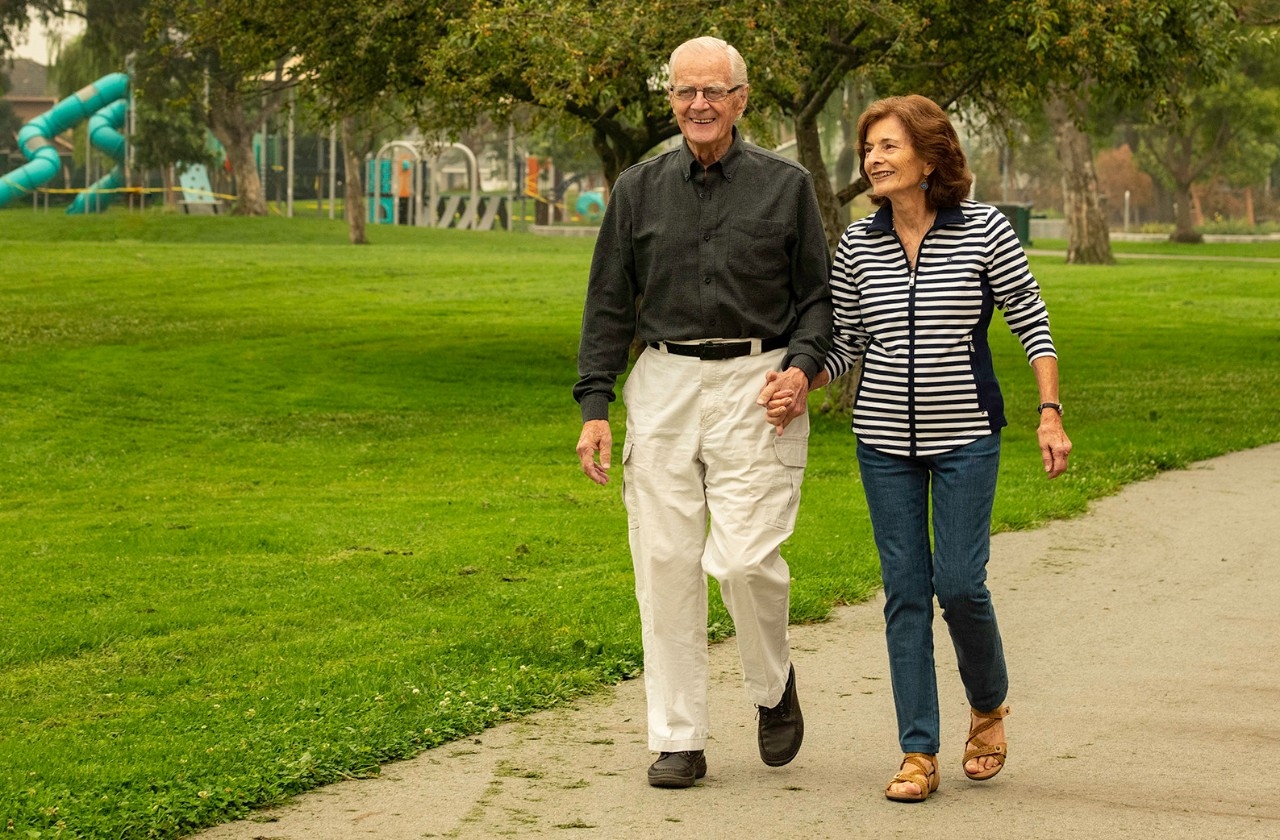COVID-19
SHC in the News
SHC in the News
SHC in the News
SHC in the News
SHC in the News
SHC in the News
SHC in the News
SHC in the News
SHC in the News
SHC in the News
SHC in the News
SHC in the News
SHC in the News
SHC in the News
SHC in the News
SHC in the News
SHC in the News
SHC in the News
SHC in the News
SHC in the News
SHC in the News
SHC in the News
SHC in the News
SHC in the News
SHC in the News
SHC in the News
SHC in the News
SHC in the News
SHC in the News
SHC in the News
SHC in the News
SHC in the News
SHC in the News
SHC in the News
SHC in the News
SHC in the News
SHC in the News
SHC in the News
SHC in the News
SHC in the News
SHC in the News
SHC in the News
SHC in the News
SHC in the News
SHC in the News
SHC in the News
SHC in the News
Press Release
Other News
Press Release
SHC in the News
SHC in the News
SHC in the News
SHC in the News
SHC in the News
SHC in the News
SHC in the News
SHC in the News
SHC in the News
SHC in the News
SHC in the News
SHC in the News
SHC in the News
Other News
SHC in the News
SHC in the News
SHC in the News
SHC in the News
SHC in the News
SHC in the News
SHC in the News
SHC in the News
SHC in the News
SHC in the News
SHC in the News
SHC in the News
SHC in the News
SHC in the News
SHC in the News
SHC in the News
SHC in the News
SHC in the News
SHC in the News
SHC in the News
SHC in the News
SHC in the News
SHC in the News
SHC in the News
SHC in the News
SHC in the News
SHC in the News
SHC in the News
SHC in the News
SHC in the News
SHC in the News
SHC in the News

